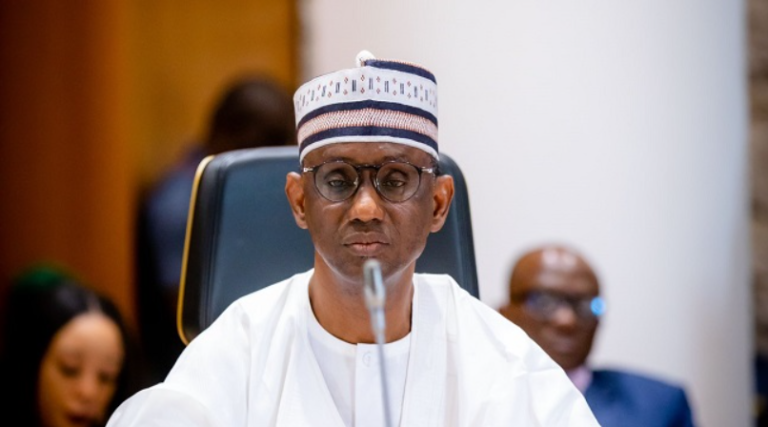The Significance of Children’s Day Celebration

The Significance of Children’s Day Celebration.
In Africa, children constitute a major force in the family. The presence or absence of children in a home can determine whether the home will be a happy one or not. That is why immediately after a wedding, almost everybody becomes curious, watching out for signs of pregnancy in the wife.
When such signs are not forthcoming, there can be a problem which may even lead to the collapse of the family. Children can be that important in an African family setting. However, when a couple can give birth, the joy of the couple and that of their family members know no bounds.
The birth of a child is heralded with joyful celebrations, as everybody wants to play with the child. Unfortunately, as the child grows older, he/she begins to lose celebrity status gradually. The implication is that the same child who was previously the centre of attraction in the family and even in the community may now have to face the reality of a life that is full of abuses. Such abuses may come in the form of sexual harassment, child trafficking, forced labour and denial of education, among many others.
Consequently, a lot of children grow up without enjoying the privilege of being celebrated by anyone, except for a few whose parents decide to mark their birthdays with cake, biscuits and photoshoots. Another set of children that tend to be celebrated are twins, but this is mostly for spiritual reasons.
However, at some point, some people felt that children generally should have a particular day when society would celebrate them, apart from their birthdays (there are some children whose parents do not believe in celebrating birthdays), irrespective of whether they are twins or not.
That led to what is called Children’s Day.
Children’s Day is an important annual celebration in Nigeria, marked every May 27th to bring joy and recognition to the country’s youth. However, the impact of this day on the average Nigerian child is a complex issue that warrants closer examination.
On one hand, the Children’s Day celebration provides an opportunity for children to feel special and valued by their communities. As a young student, I fondly recall the “feeling of liveliness experienced when interacting with children from different backgrounds during the festivities. It helped me annihilate my inferiority complex as a child and gave me a chance to be “well recognized and taken care of.
Yet, the reality is that many Nigerian children do not fully benefit from the Children’s Day celebration. Some education expert like Dr. Salman Adisa points out that with frequent teacher strikes and ongoing insecurity challenges, the celebratory atmosphere has been dampened in recent years. Some parents may even be hesitant to allow their children to participate due to safety concerns.
Furthermore, the core issues affecting Nigerian children extend far beyond a single day of commemoration. Some parents and students as well are of the view that the government is not doing enough to create free, accessible programs and recreational spaces for children year-round. Many families also struggle to provide their children with necessities like quality education and healthcare.
In essence, while Children’s Day serves as a symbolic gesture to honour Nigeria’s youth, the true measure of the government’s commitment to child welfare lies in its ability to implement comprehensive, long-term policies that address the multifaceted challenges facing the average Nigerian child. Only then can the celebrations truly reflect the lived experiences and needs of the country’s future generations.







